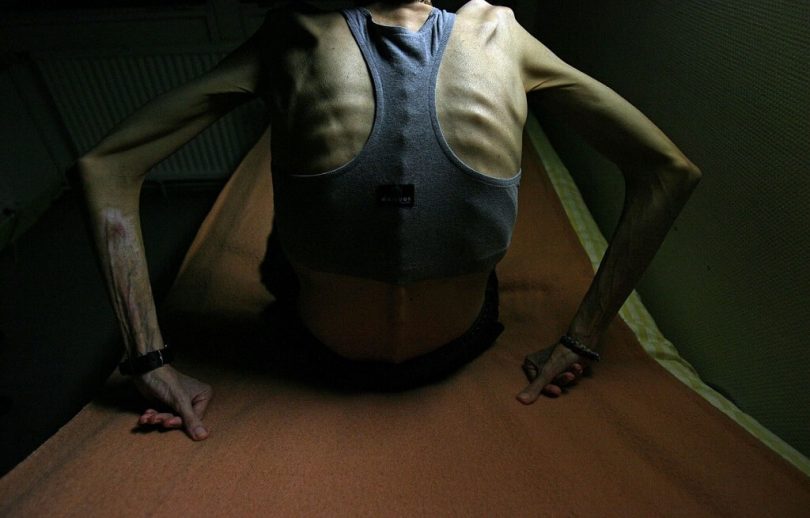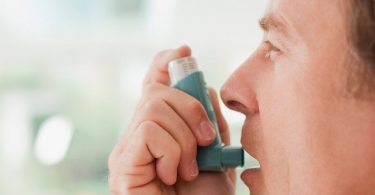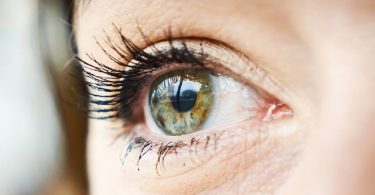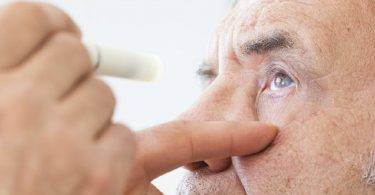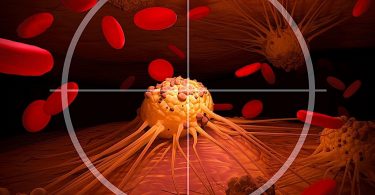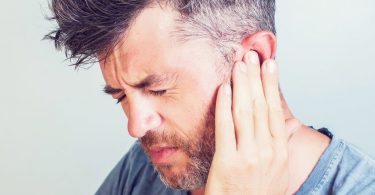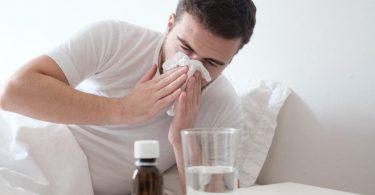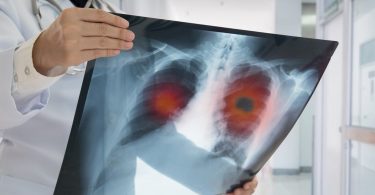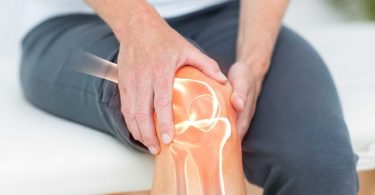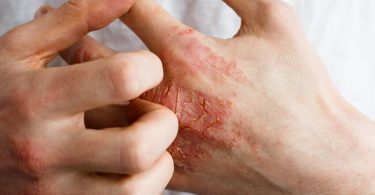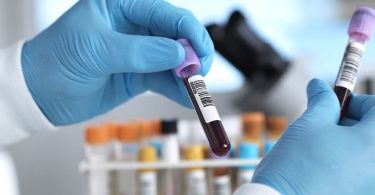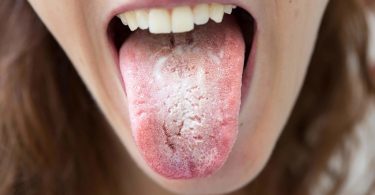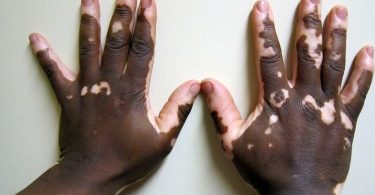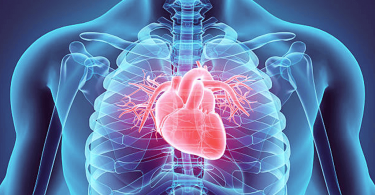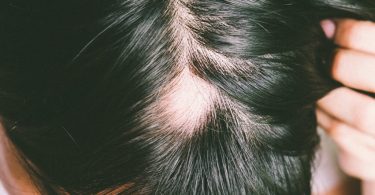Anorexia nervosa is an eating disorder (ED) in which the patient refuses to eat for a very long time. In this article, we will talk about anorexia causes, symptoms and treatment.
Contents
Anorexia definition
The anorexia nervosa is an eating disorder (TCA). So, it corresponds to a sickly fear of gaining weight, to a voluntary refusal to eat and to a thoughtless and permanent desire to lose weight.
Sometimes the person has vomiting, laxatives / diuretics and disproportionate physical exercise.
80% of anorexics are adolescent or young adult women!
In fact, this disease occurs in 80% of adolescent and young adult women aged 12 to 20 years. While it affects a small number of boys.
Then, anorexic people have a child’s body (without fat, breast, thigh or waist). They have a distorted image of their body and see themselves fat, even when they are very thin.
Finally, anorexia can be transient or long-lasting, mild or severe. Anorexics are paradoxically very intelligent (they also provide excessive intellectual efforts) but do not accept any advice or remarks made by their relatives.
We should take care of aneroxia nervoso very early!
Indeed, without rapid management, anorexia can sometimes lead to:
- a state of excessive thinness;
- undernutrition;
- the development of osteoporosis;
- a malfunction of the body;
- even to death.
Anorexia causes
Generally, anorexia can be caused by:
- psychological factors (refusal of femininity, to grow up at the time of puberty, internal conflicts, search for purity);
- family constraints and conflicts;
- socio-cultural factors;
- a fashion phenomenon which praises the virtues of an extreme thinness and encourages the individual process of slimming;
- the launch of an individual challenge of success.
Anorexia symptoms
In most cases, the symptoms of anorexia are:
- an obsessive fear of gaining weight;
- excessive and repeated diets (or fasts);
- constant and significant weight loss;
- a need to cook in large quantities for others;
- too much physical exercise;
- refusal and inability to keep the body at a normal weight;
- an obsessive concern about the calorie content of food and how we prepare it;
- recourse to vomiting and laxatives;
- anxiety;
- relationship difficulties;
- a nonexistent sex life;
- paradoxically, academic or professional success.
The food restriction has repercussions on the organism:
- hair loss;
- brittle nails;
- hormonal imbalance and absence of menstruation;
- memory impairment;
- constipation…
Anorexia prevention councils
The public authorities are mobilized on this question: In fact in 2008, a bill providing for two years in prison and a fine of 30,000 euros for any “incitement to excessive thinness” and a 45,000 euros fine and 3 years of imprisonment if the person dies has been adopted.
Many prevention advertising messages are disseminated on the Internet. But many “pro-ana” sites, run by young anorexics, continue to exist. So, vigilance is essential.
In general, at the individual level, it is important to remain attentive if there is a change in eating behavior in a young person.
Anorexia exams
During a medical consultation, the doctor must offer treatment and make the person aware that they suffer from anorexia. However, she does not always accept it because she does not consider herself ill and, very often, refuses any treatment. However, it must be taken care of nutritionally and psychologically.
Anorexoa treatment
As long as the person lives with his family and when the problem is identified early, treatment is based on:
- psychotherapy;
- dietary prescriptions;
- support for parents.
Therefore, the disease can be stopped and its total cure is possible thanks to this treatment.
Treatment for advanced anorexia…
Overall, if the stage of anorexia is advanced, treatment is based on:
- isolation of the patient from his family environment;
- hospitalization when the weight loss is uncontrollable. So, after gaining weight it may be useful to have the patient undergo psychotherapy (individual or family) for a longer or shorter period.
Read also:
Acne : causes, symptoms and treatment

